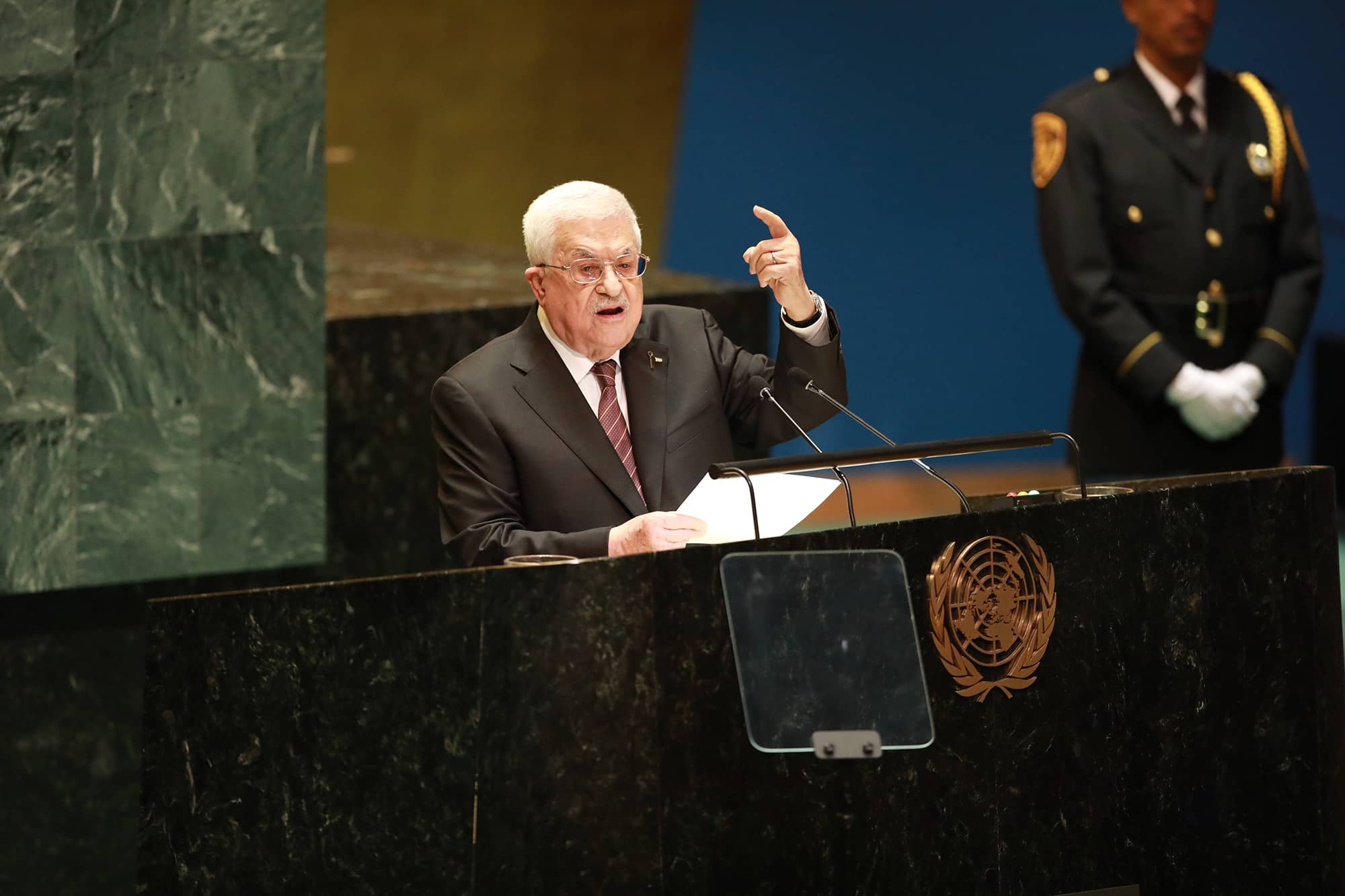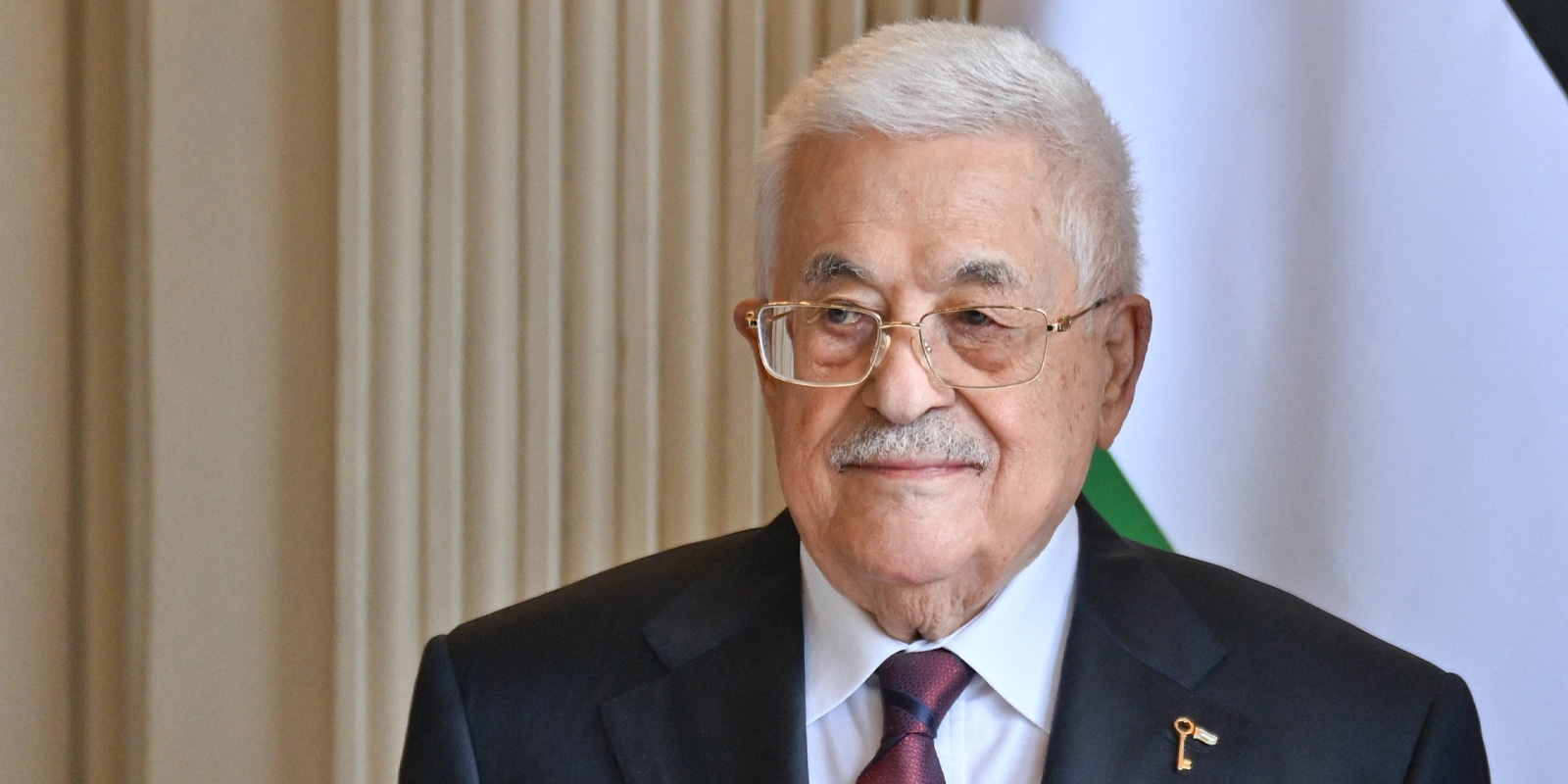Courage Is Not Only on the Battlefield
Courage is often perceived as a trait attributed to soldiers on the battlefield: the ability to charge under fire, face danger, and lead troops in extreme situations through personal example and self-risk. Yet true courage is not confined to moments of combat. It is also tested in the willingness to voice an unpopular opinion and stand firm on moral and professional principles, even when doing so involves discomfort, putting one’s career at risk, or paying a social price.
The term “civil courage” in the military context was first coined by Lt. Gen. Haim Laskov in his book Military Leadership. Laskov, the fifth IDF Chief of Staff, referred to the phenomenon of commanders refraining from expressing opinions that contradict organizational consensus. This phenomenon is not new; it has been present in the IDF for many years. Nor is it unique to the military and security establishment—it also occurs in civilian organizations. But when the absence of civil courage takes root in the senior officer corps, where hierarchy is rigid and pressure to conform is strong, it can lead to disastrous failures.
Time and again we witness officers who have shown bravery on the battlefield—confronted enemies, risked their lives, and led complex operations—but when it comes to voicing a dissenting opinion, they choose silence or alignment with the organization’s prevailing message.
Why does this happen? The answer lies in several factors: fear of harming one’s career, the desire to maintain good relations with superiors, or the mistaken belief that “if everyone says it, it must be true” and that the wisdom of the crowd is always correct. This phenomenon is not unique to the IDF, but it is particularly prominent in military systems, where loyalty is seen as a supreme value and dissent may be perceived as disloyalty.
The absence of civil courage can lead to catastrophe, as we saw in the processes preceding the events of October 7, 2023, when intelligence and conceptual failures stemmed, in part, from an unwillingness to question the konseptsia—the prevailing conception—and a reluctance to confront the system.
Dangerous Silence and Conformity
The phenomenon of “falling in line” with the organizational message has a long history and is familiar in many institutions, but it is especially prevalent in the military. In the IDF, as in other armies, there is a clear hierarchy: orders flow from top to bottom, and full obedience is expected. Yet when it comes to intelligence assessments, operational concepts, or force-building strategies, refraining from presenting a different position—or remaining silent—can prove disastrous.
We see again and again that officers who have displayed courage against the enemy in battle hesitate to voice unpopular views for fear of ridicule, criticism, or damage to their prospects of promotion. The exceptions—those who dare to go against the current—often face dismissive reactions, derision, or rebuke. And because senior commanders in a hierarchical system both appoint and promote their subordinates, dissent can hurt careers. This reality only reinforces the perception that it is safer to remain silent.
What causes this? First, social pressure plays a major role. In the military, loyalty is paramount, and expressing a different opinion can be interpreted as disloyalty. Second, psychological phenomena such as “groupthink” and “herd mentality” contribute as well. Group members suppress criticism to preserve harmony, which in turn leads to conceptual failures. Civil courage demands not only stating an opinion but standing behind it with full weight, including readiness to pay a personal price. In military systems, where decisions determine life and death, avoidance can lead to disaster.
Laskov’s Legacy
One of the most important sources for understanding civil courage is Haim Laskov’s Military Leadership. Born in 1919, Laskov, a veteran of the British Army, served[IE1] as commander of the officers’ school, as the IDF’s fifth Chief of Staff (1958–1961), as the first IDF Ombudsman, and as a member of the Agranat Commission investigating the failures of the Yom Kippur War. Military Leadership, published in 1985, compiles essays and lectures on leadership, command, and proper treatment of soldiers. It is considered a foundational document among IDF officers and has been studied for years in command training programs.
In the book, Laskov devotes an entire chapter to “the civil courage of a commander,” distinguishing between courage in battle—facing physical danger—and civil courage, which is moral and professional. Civil courage, he wrote, is tested “only when it is unpleasant and uncomfortable to act upon it, when friends are lost and superiors are angry.” A commander must not only express an opinion but put the full weight of his authority and personality behind it, precisely when it is unpopular and likely to invite derision or rebuke. Laskov stressed that a commander is not merely permitted to voice his opinion—he is obligated to do so as part of his moral and professional duty.
“There is courage of the moment, and there is courage in perseverance,” Laskov wrote. “What they share is the confrontation with difficult conditions.” He cited examples from his life, such as facing political pressure as Chief of Staff, where he stood his ground against his superiors even when it was unpopular. Civil courage, he argued, is the ability to insist on the truth, even when it is uncomfortable, and to act out of commitment to values and to the organization. His perspective is more relevant than ever as the IDF confronts complex challenges in a multi-front war.
Laskov’s approach is not limited to the military. It extends to any organization structured by hierarchy and group dynamics. In business, for example, managers who voice unpopular opinions often contribute to innovation and prevent failures. In the military, however, the consequences of silence can be fatal. Laskov called on commanders to demonstrate “courage in perseverance”—not only in times of crisis, but as part of their daily conduct, in which they should be committed to truth and professionalism.
Civil Courage in Practice
IDF debriefings after October 7 exposed ethical and professional failures in which commanders failed to question prevailing assumptions—such as the belief that Hamas was deterred, or the assessment that Yahya Sinwar would not attack because he was focused on economic development and the welfare of Gaza’s civilians. Intelligence reports of suspicious movements were not adequately addressed. It is likely that some officers genuinely believed the konseptzia was correct because they did not fully grasp reality. But others surely harbored doubts, but did not express them because they preferred to toe the line.
Commanders failed to pass on alerts and ignored field reports. Some may even have tailored their reports to fit the konseptzia . For instance, reports of suspicious movements along the Gaza border were not relayed with full gravity, contributing to the forces’ lack of preparedness. Had there been more commanders with civil courage who dared to voice opposing views and insist on thorough investigation, the outcome might have been different.
The lesson of October 7 is painful but clear: civil courage is not a luxury; it is a necessity. Commanders must show the resolve to stand by their views, even when unpopular, to prevent a recurrence.
The same was true before the Yom Kippur War in 1973, when Military Intelligence (Aman) came to erroneous assumptions about Egyptian President Anwar Sadat’s willingness to go to war. Numerous field warnings fell mostly on deaf ears in Aman. No one “flipped the table” to challenge the prevailing view, save for the lone dissent of Lt. Col. Binyamin Simantov. Reluctance to deliver intelligence alerts in their full severity contributed to the strategic surprise of October 6 and the heavy price Israel paid. Officers who feared criticism or ridicule refrained from reporting, or from confronting the assumptions of Aman’s senior leadership. In both October 7 and the Yom Kippur War, a single view took hold among Aman and senior IDF commanders. In the case of October 7, when it came to Hamas, the Shin Bet also shared the same flawed conceptions, despite the accumulation of intelligence and warning signs.
An instructive example from the defense-industrial realm is the development of the Iron Dome system. At the time, developing such a system was considered unrealistic. Brig. Gen. Daniel Gold, then head of R&D at the Defense Ministry, came under pressure to abandon the project. His insistence on continuing development provoked harsh criticism from the defense establishment’s [IE2] comptroller and even calls for personal sanctions against him. Yet Iron Dome’s spectacular success in intercepting rockets—and its enormous contribution to Israel’s security, which earned Gold the Israel Security Prize—proved the critics wrong. At the time, however, Gold’s stance was an outstanding act of civil courage.
Failure to question prevailing assumptions and lack of civil courage is not unique to Israel. Before the Japanese attack on Pearl Harbor in December 1941, U.S. policy was built on the assumption that Japan could be deterred through coercive strategy—such as a complete oil embargo and the freezing of its assets in the U.S. This went unchallenged by U.S. decision-makers, despite warnings resulting from Japanese military activities.
Cultivating Civil Courage
How can civil courage be cultivated among commanders? First, the IDF’s organizational culture must change. The system must encourage constructive criticism and protect commanders who express unpopular views. Second, training courses should include case studies of moral leadership and civil courage. Third, senior commanders must set a personal example by demonstrating civil courage in their own decisions. Fourth—and perhaps most important—senior commanders must welcome criticism of their decisions and even if they disagree they must respond to the substance of the criticism, not the individual expressing it. No officer should be harmed for voicing an opinion, even if unpopular or out of step with consensus.
Command schools, like the one Laskov established, should emphasize civil courage as part of leadership training. Practical exercises requiring officers to face moral and organizational dilemmas can help instill this trait. Studying past failures, such as those discussed in this article, is also essential. In addition, the IDF must foster a culture of transparency where commanders feel safe to voice opinions without fear of negative repercussions.
Beyond this, systemic barriers that suppress civil courage must be addressed. Promotion systems should reward commanders for professional integrity, not just conformity. Social and organizational pressure to remain silent must be reduced by creating formal channels for expressing dissent and by fostering free and open, non-hierarchical dialogue.
Civil courage is the key to genuine military leadership. As Haim Laskov taught, a commander must express his view, stand by it, and fight for it—even when it is uncomfortable. Only in this way can false assumptions and surprises such as October 7 be prevented. The lesson from history and from recent events is clear: commanders with civil courage will ensure the resilience of the IDF and the security of the State of Israel.
Conclusion
Civil courage among military personnel is the ability to express a professional opinion even when it is not accepted, despite the possible personal costs of doing so. The term, coined by Haim Laskov in Military Leadership, distinguishes between physical courage on the battlefield and civil courage, which is moral and professional, and is tested precisely when displaying such courage may be uncomfortable or put one’s career at risk. The absence of civil courage can lead to failures, as seen on October 7, in the Yom Kippur War, and in other cases when an unwillingness to challenge intelligence assumptions led to grave mistakes and painful costs.
To foster civil courage, organizational culture must change to encourage constructive criticism and protect dissenting commanders; discussions of moral leadership and civil courage must be part of training and command courses; senior commanders must set a personal example; formal channels need to be created for dissenting opinions; and promotion systems must reward professional integrity.
Civil courage is a critical component of effective military leadership and of preventing deadly mistakes. Commanders who combine courage on the battlefield with civil courage are those who will ensure the resilience of the IDF and the security of Israel. The IDF and the people of Israel merit a new generation of commanders who embody both forms of courage—commanders who will speak the truth, stand by their convictions, and lead the IDF to a better future. Only through such integration can we ensure that lessons from the past are internalized and that mistakes are not repeated.
JISS Policy Papers are published through the generosity of the Greg Rosshandler Family.
















